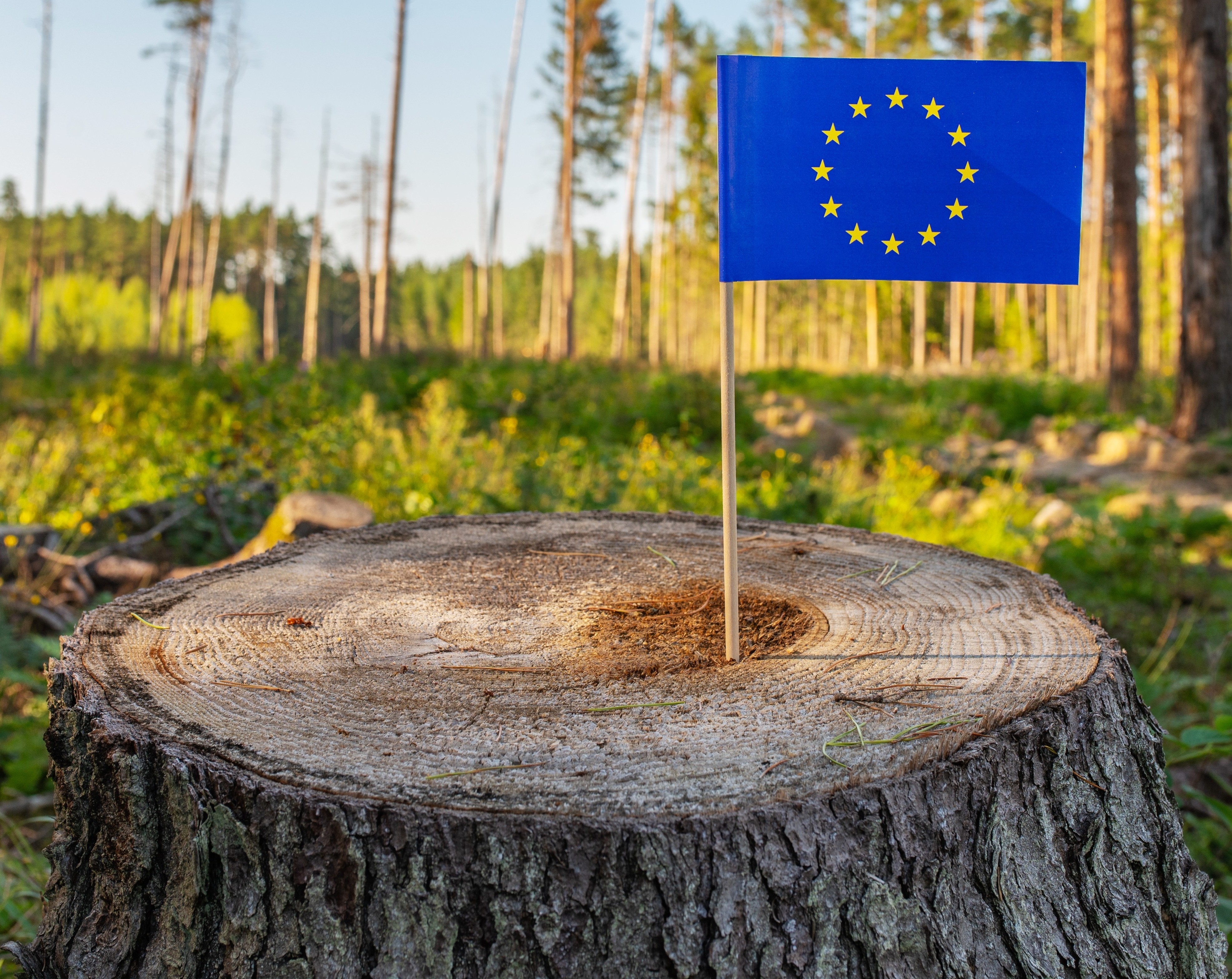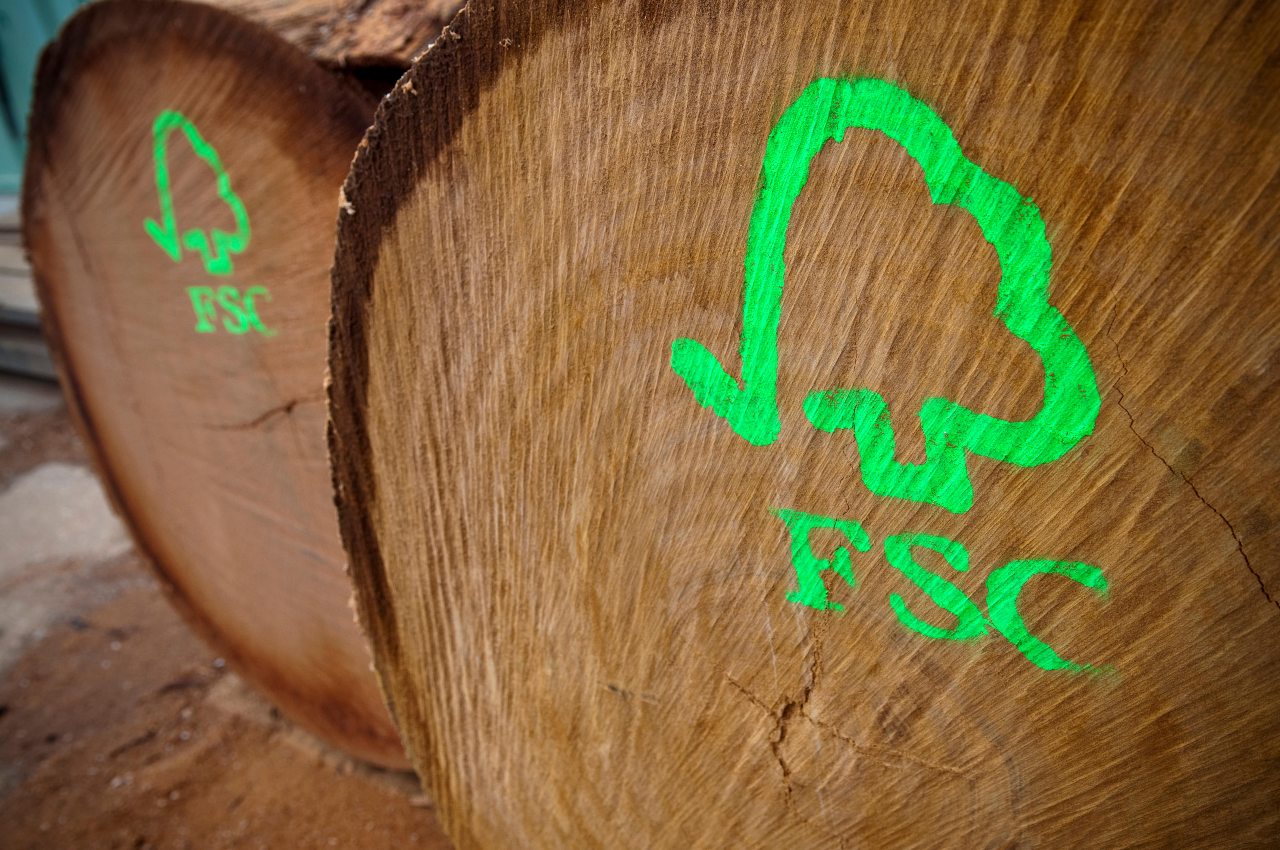Rondônia, one of Brazil’s most deforested Amazonian states, has been locked in a political and legal battle between its executive and legislative branches over the future of newly-created protected areas

The Rondonia state assembly
In late September Rondônia's legislature, led by pro-agribusiness members, voted to scrap 11 protected areas in the state. The bill was approved on the same day it was submitted to the chamber. This was one of the latest chapters in a struggle between conservation and agribusiness interests that has beset the state for the last eight months.
The political and legal battles over protected areas in Rondônia illustrate the power and obstinacy of the agribusiness lobby in legislative chambers throughout Brazil. Known as ruralistas, these federal and state-level legislators have pushed hard to undermine environmental and indigenous protections in the country in order to favour agribusinesses.
Rondônia's assembly member José Eurípides Clemente has said that the assembly is made up of “ruralistas who are committed in a general way to the state of Rondônia, but especially to agribusiness”.
The protected areas in question, covering nearly 600,000 hectares of forest, were created in March following a decree issued by Rondônia's then governor Confúcio Moura.
However, a week later the state assembly unanimously voted to invalidate the decree. On top of that, it approved a constitutional amendment that forces the executive to seek legislative approval for the creation of new protected areas.
The outgoing Governor, who later resigned to run for a Senate seat in October’s federal elections, took the issue to a court in Rondônia. He successfully argued that the federal constitution allows him to create protected areas without the need for legislative approval. In July, the court repealed the assembly’s decree that had blocked the creation of the 11 protected areas.
The assembly found a way to fight back. In need of an emergency bill to increase government revenue, the new governor, Daniel Pereira, struck a deal with the assembly. Under that deal, the government would agree to a bill to scrap the largest of the newly created areas – covering 179,000 hectares – in return for the emergency revenue law.
The assembly saw an opportunity and seized it. Before the bill was put to a vote, a last-minute amendment scrapped all 11 areas. Governor Pereira then approved the cancellation of the agreed area but vetoed all the articles that abolished the other ten. Rondônia legislators have promised to repeal the governor’s veto.
Rondônia has seen nearly 30% of its forests cleared in the last 30 years, the highest level of any Amazonian state, mostly due to logging and cattle ranching. Mauricio Voivodic, Executive Director of WWF Brasil, has said that “it is crucial to keep these protected areas [otherwise] we are putting our future at risk”.
This situation in Rondônia could also be a presage of battles to come with the inauguration on 1 January of president-elect Jair Bolsonaro, who has promised “to ensure production takes priority over protection” and who has received the public backing of the agribusiness lobby in the federal congress.
Conservationists, scientists and indigenous communities fear the new president will further undermine efforts to curb illegal deforestation by granting amnesties to deforesters and eroding indigenous rights.



